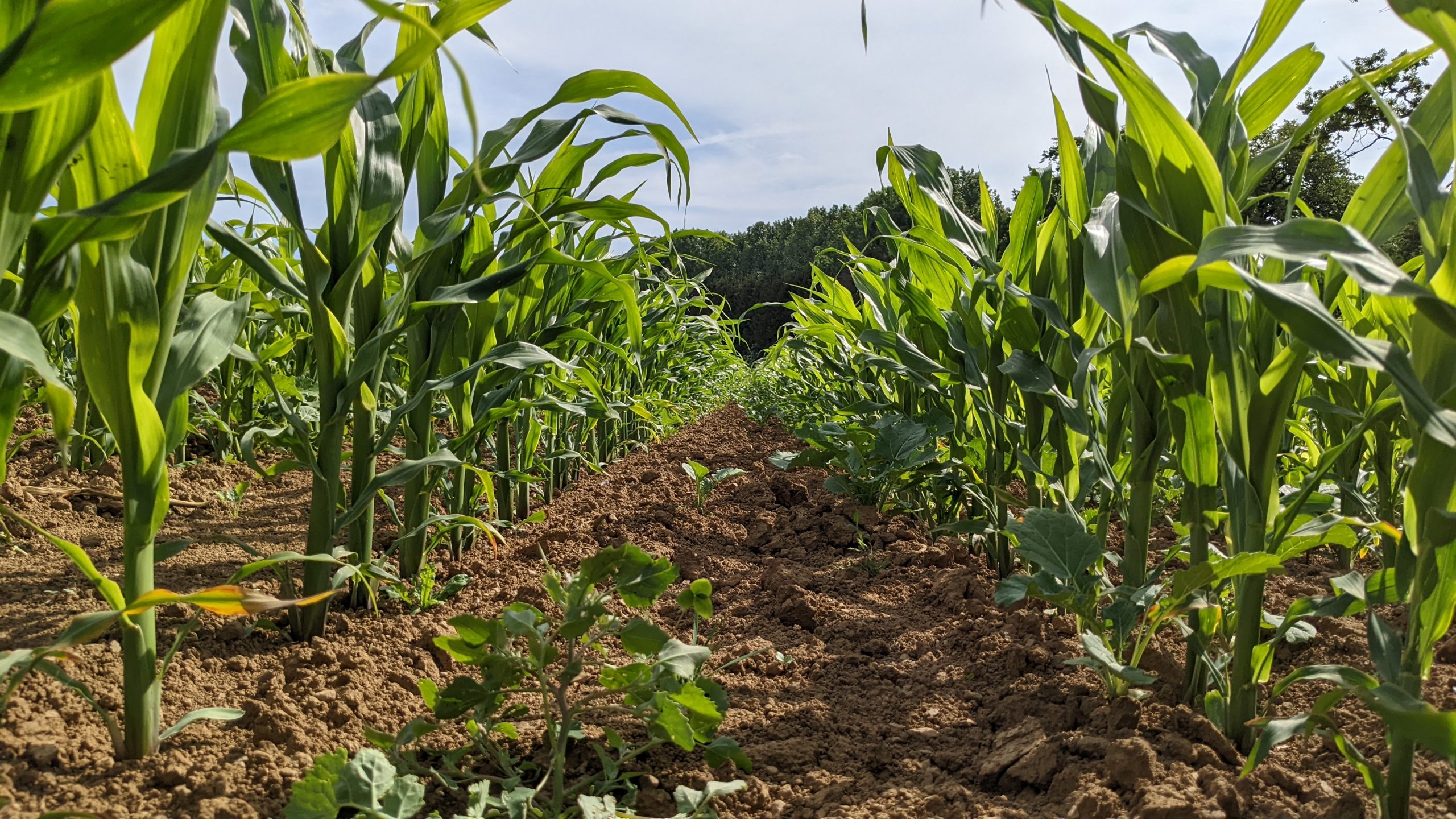HEMS

CHALLENGE
Herbicide-resistant black grass is identified as an increasing problem in Luxembourg. Following the newly adopted Sustainable Use Directive of the European Commission, member states are expected to increasingly shift their dependence away from synthetic herbicides and proceed to a more environmentally friendly method of cultivation and weed control. Farmers are encouraged to reduce their herbicide input, while maintaining good phytosanitary conditions in their fields. To this aim they need appropriate and accurate recommendations on herbicide efficacy, based on data collected from different farms, growing different crops, in different soils, and environmental conditions.
AIM
HEMS aims to empower farmers by providing them insights for a more sustainable and responsible use of herbicides. HEMS aims to digitalise a relevant part of the weed control process, by combining affordable IoT devices and network infrastructure and advanced data computing technologies. HEMS supports farmers in collecting herbicide-related relevant data in the field (before, during and after spraying); and helps farmers in making informed decisions, thanks to the knowledge obtained from their activities (past applications of herbicides, type of soil in their farm, weather conditions at the application time, etc.).
HOW
To study herbicide efficacy, HEMS will deploy a Pilot in Luxembourg and the Grand-Est region of France, two areas that share similar weather conditions and crop practices. The crops that will be part of HEMS experimental pilot are silage maize, spring peas and linseed. In each Pilot farm, HEMS will deploy several IoT devices and sensors in the field (soil-moisture sensors, weather station, etc.) for monitoring remotely local environmental / soil conditions in real-time. Such data combined with weather forecasts can helps farmers identifying the best weather-related time to apply herbicides, following and matching Herbicide Manufacturer’s recommendations. By applying data analytics to the data collected in real-time in the field, HEMS will be able to separate between adverse environmental conditions (be it soil, humidity, or temperature), and actual herbicide resistance of the target weed. Evidence of herbicide efficacy will be collected also with ultrasonic sensors, and edge computing IoT devices (cameras).
BENEFIT
Nowadays farmers, besides encountering and reporting poor products performance, do not have access to the information needed for choosing and applying “best” herbicides, while reducing the overall use and misuse. HEMS aims to gather during the Pilot activities enough evidence of herbicide efficacy, to help farmers make informed decisions. The HEMS IoT monitoring system of the multi-factors environment in which the herbicide is expected to perform will enable the farmer to anticipate, in real time, whether the conditions for good efficacy have been consistent throughout the critical window of 1-week-before and 3-weeks-after herbicide application. If the actual environmental condition reported by HEMS are not consistent with the label recommendations of the herbicide, then the farmer can safely assume that efficacy of the product will be sub-standard. Consequently, farmers can react promptly, and start the mitigation process much earlier than they would do otherwise.
Open Call #2
FOCUS: Employing DEMETER methodologies and technologies, addressing clear farmer needs, with particular focus on EU geographic regions not currently represented within DEMETER pilots
LOCATION


Luxembourg, France
PARTNERS


To read more about our open call
Successful Open call #2 pilot projects:
5 pilots were selected to join the DEMETER project.
CYPRUSAVES
Tools for water-saving and field management of Cypriot vineyards
CYPRUSAVES aims to address current and future water shortage and agricultural environment protection through sustainable manage of soil, nutrients, and pesticide use.
HARVESTNOW
Determine optimal harvest time window for hemp fields
The aim of the pilot is to help the huge potential of flax to be fully used, by helping the farmers in determining the best time window to harvest a specific field of hemp.
GEM4GF
Green energy management for green farms
Controlling the electricity use and cost for water pumps and cold warehouses is a crucial task for vegetable farmers in Eastern Austria. Electricity costs often make up a large portion of operating costs
for vegetable farmers.
PENFA
Pesticide Environmental Fate Analysis
The challenge of PENFA project is to support decision making on pesticide use among agricultural producers, through the identification of the plants’ response to environmental stress conditions that affect pesticide breakdown
HEMS
Herbicide Efficacy Analytic System for Sustainable Weed Control
HEMS aim to empower farmers by providing them with insights for a more sustainable and responsible use of herbicides. HEMS proposes a low-cost, and easy-to-adopt internet of things (IoT) system


